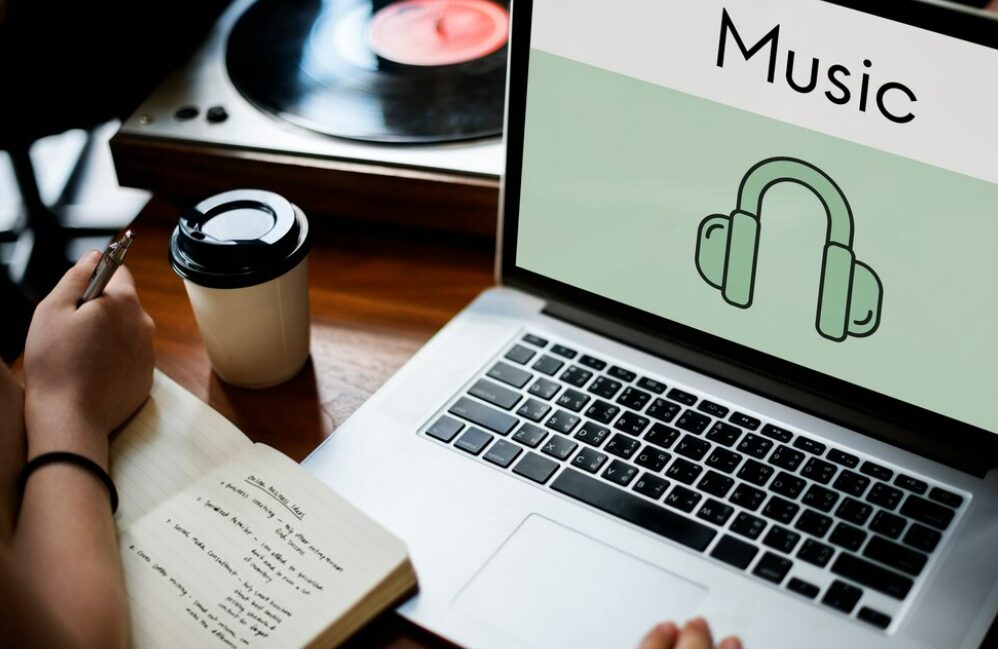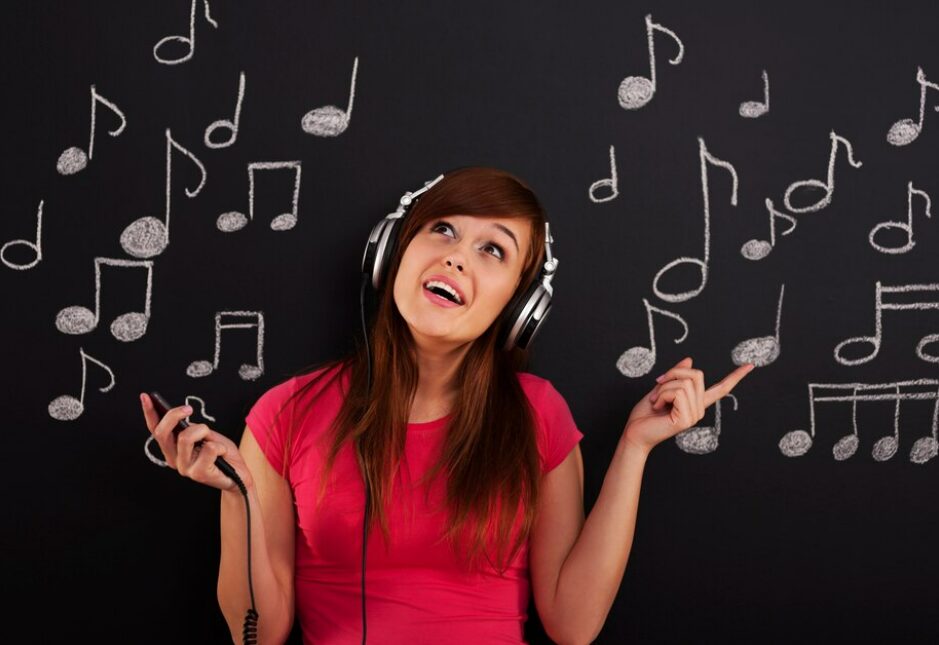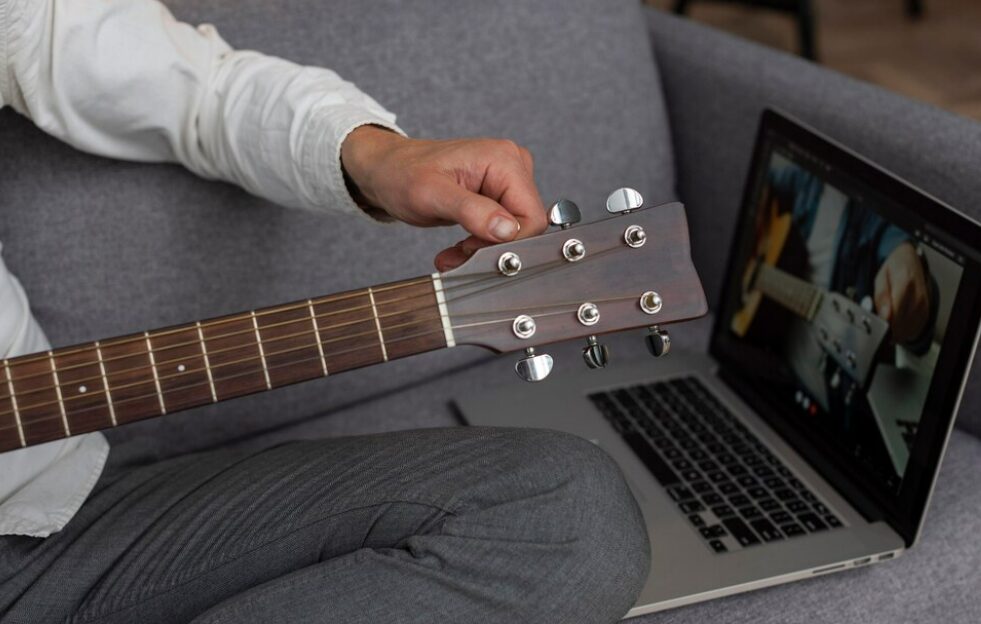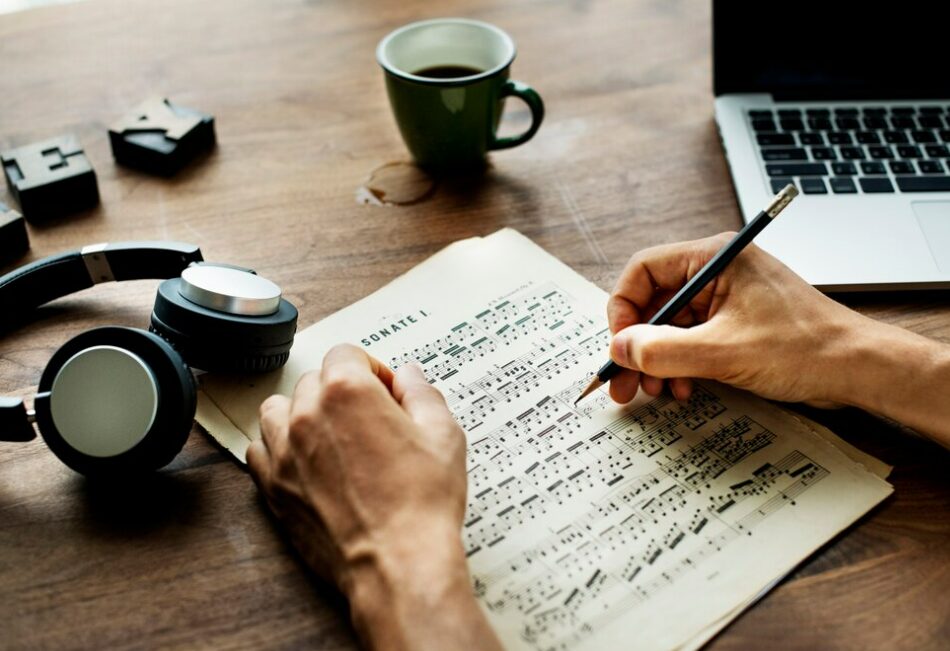Copyright Music Protection
A trademark watch, also known as a trademark monitoring service, is a proactive approach to protecting your trademarks by monitoring the trademark databases for newly filed or published trademarks that may be similar to yours or pose a potential threat to your brand. Here’s how a trademark watch typically works. Know More

Copyright Music Protection
Original Works: Copyright Music Protection applies to original musical compositions, including melodies, lyrics, chord progressions, and arrangements. It covers both the musical notation and the sound recording of the music.
Ownership: The copyright to a musical work generally belongs to its creator or creators. This could be a songwriter, composer, lyricist, or a combination of these roles. In some cases, the copyright may be owned by a music publisher or a music label if the rights have been transferred or assigned.
Rights: Copyright grants exclusive rights to the copyright holder to reproduce the music, distribute copies, perform the music publicly, create derivative works, and display the musical work publicly.
Duration: The duration of copyright protection for musical works varies from country to country but typically lasts for the lifetime of the creator plus a certain number of years after their death. For example, in the United States, the duration of copyright for musical works is the life of the author plus 70 years.
Licensing: Copyright holders can license their music to others for various purposes, such as public performance, synchronization in films or commercials, digital distribution, and more. Licensing agreements specify the terms and conditions under which the music can be used, including payment of royalties.
Performance Rights Organizations (PROs): PROs, such as ASCAP, BMI, and SESAC in the United States, collect royalties on behalf of songwriters, composers, and music publishers for public performances of their music. These performances include radio broadcasts, live performances, streaming, and more.
Enforcement: Copyright holders have the right to enforce their copyright against infringement. This includes taking legal action against individuals or entities that use their music without permission or in violation of their rights.
Fair Use and Exceptions: Copyright law may provide for exceptions to copyright protection, such as fair use or fair dealing, which allow limited use of copyrighted music for purposes such as criticism, commentary, education, and research without the permission of the copyright holder.
Copyright Protection
Originality: Copyright protection applies to original works that are fixed in a tangible form of expression. This means that the work must be the result of the author’s creativity and must be recorded or documented in some form, such as writing, recording, or drawing.
Scope of Protection: Copyright protection grants the copyright holder exclusive rights to reproduce the work, distribute copies, perform the work publicly, create derivative works based on the original, and display the work publicly. These rights allow the copyright holder to control the use and dissemination of their creative works.
Duration: Copyright protection is not perpetual and has a limited duration. The duration of copyright protection varies depending on factors such as the type of work, the laws of the country, and when the work was created. In many jurisdictions, copyright protection lasts for the life of the author plus a certain number of years after their death.
Registration: While copyright protection generally exists automatically upon the creation of a qualifying work, registration with a copyright office may be required to enforce certain rights or claim statutory damages in case of infringement. Copyright Registration provides a public record of the copyright holder’s claim to the work and serves as prima facie evidence of ownership.
Fair Use and Exceptions: Copyright law may provide for exceptions and limitations to copyright protection, such as fair use or fair dealing, which allow limited use of copyrighted works for purposes such as criticism, commentary, news reporting, teaching, scholarship, or research without the permission of the copyright holder.
Enforcement: Copyright holders have the right to enforce their copyright against infringement. This includes taking legal action against individuals or entities that use their copyrighted works without permission or in violation of their rights. Remedies for copyright infringement may include injunctive relief, damages, and recovery of legal costs.
International Protection: Copyright protection is recognized internationally through various international treaties and agreements, such as the Berne Convention for the Protection of Literary and Artistic Works and the TRIPS Agreement. These agreements provide minimum standards of copyright protection and facilitate enforcement of copyright across borders.
What Music Is Eligible for Copyright Music Protection?
Original Songs: Original songs composed of music and lyrics are eligible for Copyright Music Protection This includes popular songs, folk songs, classical compositions, and contemporary music created by songwriters and composers.
Instrumental Music: Instrumental compositions, including symphonies, concertos, sonatas, and instrumental arrangements, are eligible for copyright protection. These compositions may be performed by orchestras, bands, solo instrumentalists, or other ensembles.
Sound Recordings: Sound recordings of musical performances are also eligible for copyright protection. This includes recordings of live performances, studio recordings, demos, and audio tracks produced for commercial release.
Jingles and Commercial Music: Jingles, advertising music, and commercial compositions created for marketing purposes are eligible for copyright protection. These compositions are often used in advertising campaigns, television commercials, radio spots, and promotional materials.
Film Scores and Soundtracks: Film scores, background music, and soundtracks composed for movies, television shows, documentaries, and other audiovisual productions are eligible for copyright protection. These compositions enhance the visual storytelling and atmosphere of the media content.
Arrangements and Adaptations: Arrangements and adaptations of existing musical works are eligible for copyright protection if they exhibit sufficient originality and creativity. This includes reimagined versions of songs, cover versions, remixes, and musical interpretations by artists and performers.
Benefits of Song Copyright
Legal Protection: Song copyright provides legal protection to the original creators of the song. It gives them exclusive rights to reproduce, distribute, perform, and adapt their music, allowing them to control how their songs are used and monetized.
Financial Rewards: Copyright protection enables songwriters and composers to earn royalties from the use of their music. This includes royalties from radio airplay, streaming services, public performances, synchronization in films and commercials, digital downloads, and physical sales.
Income Stability: Copyrighted songs can generate recurring income streams for songwriters and composers over time. Royalties collected from various sources contribute to the financial stability of music creators, even as their songs continue to be used and enjoyed by audiences.
Licensing Opportunities: Copyrighted songs can be licensed for use in various commercial contexts, such as films, television shows, advertisements, video games, and other media productions. Licensing agreements provide additional revenue streams and exposure for songwriters and composers.
Control Over Usage: Copyright protection allows songwriters and composers to control how their music is used and performed. They can grant licenses for specific uses of their songs while retaining ownership and control over the rights to their music.
Protection Against Infringement: Copyright registration strengthens the legal protection against unauthorized use and infringement of copyrighted songs. Songwriters and composers can take legal action against individuals or entities that use their music without permission or in violation of their rights.
Recognition and Reputation: Copyrighted songs contribute to the recognition and reputation of songwriters, composers, and performers in the music industry. Successful songs can elevate the profile and visibility of music creators, leading to increased opportunities for collaboration, performance, and recognition.
Legacy and Estate Planning: Copyright protection ensures that songwriters and composers can pass down their musical legacy to future generations. Copyrighted songs become part of their intellectual property estate, providing long-term value and potential income for heirs and beneficiaries.



Documents Required for Copyright Music Protection
Application Form: The applicant needs to fill out the appropriate application form for copyright registration. In India, Form XIV is used for copyright registration of musical works.
Title of the Work: Provide the title of the musical composition or song that is being copyrighted.
Nature of the Work: Describe the nature of the musical work, including whether it is a song, instrumental composition, score, etc.
Details of the Author/Composer: Provide details of the author or composer of the musical work, including their name, address, and nationality.
Details of the Publisher: If the musical work is being published, provide details of the publisher, including their name and address.
Declaration of Ownership: The application should include a declaration stating that the applicant is the author or owner of the copyright in the musical work.
Power of Attorney (if applicable): If the copyright application is being filed through an attorney or legal representative, a power of attorney authorizing them to act on behalf of the applicant may be required.
Copies of the Musical Score or Notation: Along with the application form, the applicant must submit copies of the musical score, notation, or other tangible form of expression of the musical work. This could include sheet music, lyrics, recordings, or audio files.
Statement of Further Particulars: In some cases, additional details about the musical work may be required, such as the year of creation, language of the lyrics (if applicable), and any other relevant information.
Fee Payment: The applicant must pay the requisite fees for copyright registration. The fees vary depending on whether the application is made online or offline and the type of work being registered.
How to Copyright Music on YouTube?
Register with a Performing Rights Organization (PRO): Before uploading music to YouTube, songwriters, composers, and music publishers can register their works with a performing rights organization (PRO) such as ASCAP, BMI, SESAC, or PRS for Music. PROs help collect royalties for public performances of music compositions.
Distribute Music through Digital Distributors: Music creators can distribute their music to digital platforms, including YouTube, through digital distributors such as CD Baby, TuneCore, DistroKid, and others. These distributors help upload and distribute music to streaming platforms and manage royalties.
Enable Content ID: If the music is registered with a PRO or distributed through a digital distributor that offers Content ID services, copyright owners can enable Content ID for their music. Content ID automatically scans and detects uploaded videos on YouTube for matches with copyrighted music.
Monitoring and Management: Once Content ID is enabled, copyright owners can monitor and manage their music on YouTube through a dedicated dashboard provided by their PRO or digital distributor. They can track usage, view analytics, and manage policies for their copyrighted music.
Policy Options: Copyright owners have several policy options to choose from for videos containing their copyrighted music. They can choose to monetize the video by running ads, track the video’s viewership statistics, or block the video from being viewed or monetized.
Review and Dispute Process: YouTube provides a review and dispute process for users who believe their videos have been incorrectly flagged for copyright infringement. Users can file disputes if they believe they have the rights to use the copyrighted music in their videos.
Legal Remedies: Copyright owners have the option to pursue legal remedies for copyright infringement on YouTube, including filing takedown notices and pursuing legal action against infringing parties.
Ownership in a Song
Songwriters: Songwriters are individuals who create the lyrics, melodies, and musical compositions of a song. Songwriters typically hold the primary ownership rights in the musical and lyrical content they create. They may be credited as the authors or composers of the song and are entitled to royalties and other financial benefits from the song’s exploitation.
Composers and Lyricists: Composers and lyricists are individuals who contribute to the musical and lyrical elements of a song, respectively. Depending on the specific contributions made, composers and lyricists may share ownership rights with other songwriters or contributors. Their ownership rights are typically determined by contractual agreements and applicable copyright laws.
Music Publishers: Music publishers are companies or entities that acquire and administer the rights to songs on behalf of songwriters, composers, and lyricists. Music publishers may acquire ownership rights through licensing agreements, assignments, or other contractual arrangements with songwriters. They play a key role in exploiting and monetizing songs through licensing, distribution, and synchronization deals.
Recording Artists and Record Labels: Recording artists are individuals who perform and record songs, while record labels are companies that produce, distribute, and market recorded music. In addition to songwriters, composers, and lyricists, recording artists and record labels may also have ownership rights in a song, particularly in the sound recording of the song. Ownership rights in sound recordings are separate from the underlying musical compositions and may involve different parties.
Copyright Ownership: Copyright ownership in a song is governed by copyright laws and regulations, which vary by jurisdiction. In many jurisdictions, the authors and creators of a song automatically hold copyright ownership in the musical and lyrical content they create. Copyright ownership grants exclusive rights to reproduce, distribute, perform, and adapt the song, as well as the right to receive royalties and financial compensation for its use.
Contracts and Agreements: Ownership rights in a song may be governed by contractual agreements between songwriters, composers, lyricists, music publishers, recording artists, and record labels. These agreements may specify the allocation of ownership rights, royalties, and other financial considerations among the parties involved in the creation and exploitation of the song.
